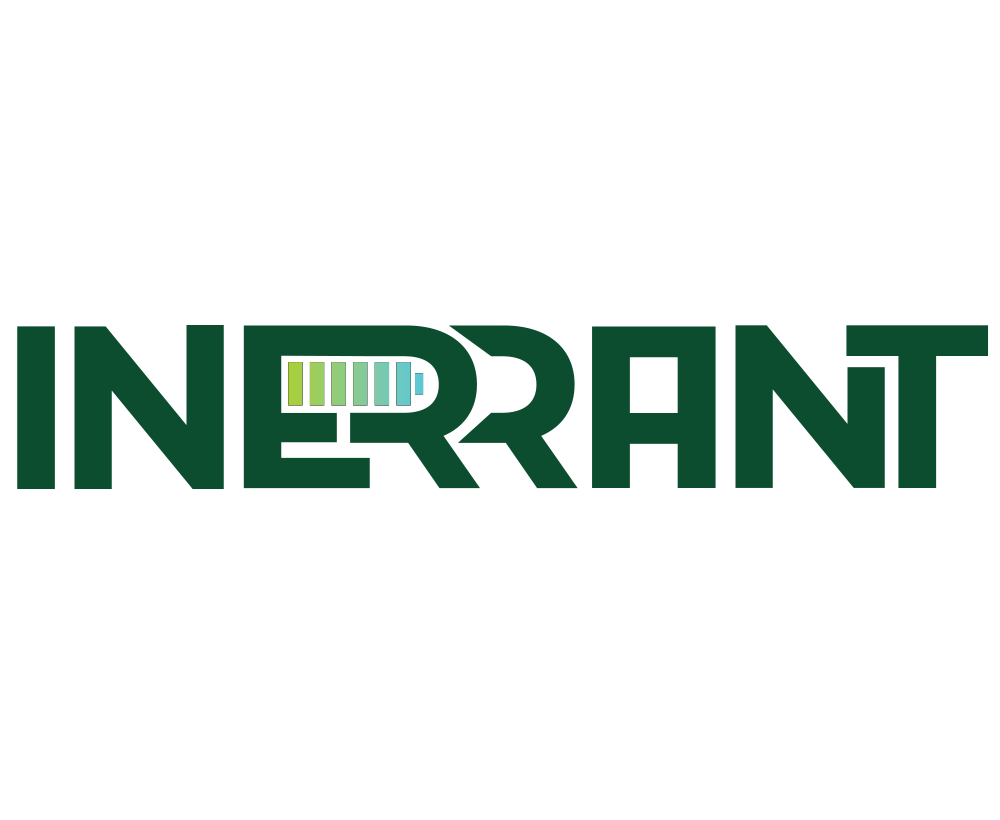INERRANT EU-funded project

Start date: 1 May 2024 - End date: 30 April 2027
Integrating Novel Materials with Scalable Processes for Safer and Recyclable Li-ion Batteries
Coordinator:
Foundation for Research and Technology – Hellas (Greece)
Description
The rapid growth of electric mobility presents a pressing challenge: the need for safer and more sustainable lithium-ion batteries (LIBs). Current LIB technology often faces issues with safety, limited lifespan, and reliance on scarce resources. In this context, the EU-funded INERRANT project aims to pioneer advancements in materials, processes, and characterisation methods. It is also driving the development of safer, longer-lasting, and eco-friendly LIBs tailored for the expanding demands of electromobility.
INERRANT promises not just scientific advancements, but a viable path to commercialisation, driving the future of electromobility towards safer, greener horizons.
Objectives
INERRANT aims to promote real progress in developing environmentally friendly processes and materials that are safe and sustainable by design. This will enable the affordable and global use of safer LIBs suited for the growing electromobility applications in modern society.
To achieve this, INERRANT is developing a comprehensive strategy to maintain cost-effectiveness, energy and power density and avoid reliance on Critical Raw Materials (CRMs) while improving fast charging, cyclability, and operational lifespan.
The following four challenges will be addressed for LIBs components:
- Innovative (nano) material combinations for anodes and cathodes;
- Smart separators able to protect against battery flaws;
- Stimuli responsive electrolyte formulations designed for rapid reactions against external disturbances to mitigate cathode degradation;
- Novel sustainable recycling processes to improve the purity of recovered materials.
 https://inerrant-batteries.eu/
https://inerrant-batteries.eu/ 
 Website managed by PNO Innovation
Website managed by PNO Innovation